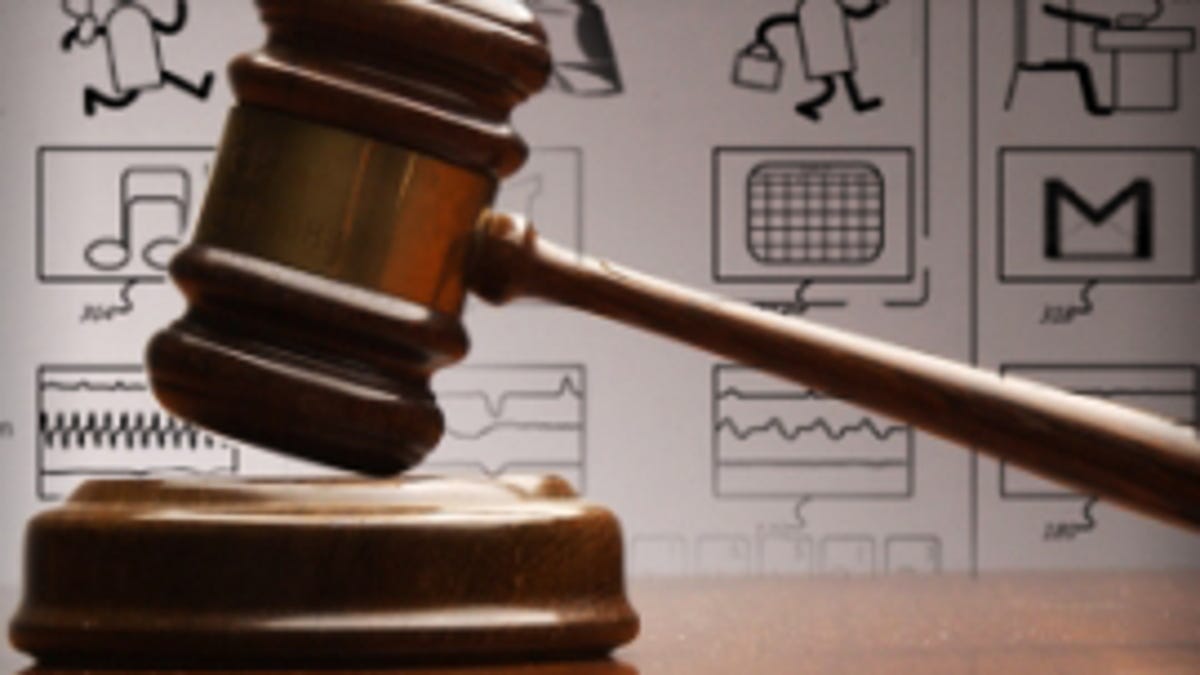U.K. judge: HTC phones do not infringe Apple patents
Apple is defeated by HTC in a patent infringement suit at the U.K.'s High Court. Bad news for Apple as three of the four patents under the spotlight are deemed invalid.

HTC won a U.K. High Court case after a judge today ruled the Taiwanese smartphone maker has not infringed four of Apple's European-held patents.
Judge Christopher Floyd also said that three of the four patents were invalid, according to Bloomberg.
The only patent that was ruled to be valid relates to Apple's photo-management software, but HTC did not infringe on it, according to the court.
The other three invalid patents relate to Apple's multitouch software, alphabet-changing software, and the iPhone and iPad's slide-to-unlock feature.
The same four patents are to be tested in a German court later this year.
Apple is fighting HTC, and Korea-based Samsung on four continents in more than a dozen countries, including the United States.
As The Verge reports, the U.K. High Court ruling does not have any direct affect any other ongoing case outside the country.
The ruling comes on an ordinary working day in Britain, despite Americans enjoying a day off for their Independence Day.
It also comes only a few days after Apple saw an emergency request to U.S. International Trade Commission, which has the power to ban the import of phones to the country, to seek a U.S. Customs ban on HTC smartphones.
An HTC spokesperson said: "We remain disappointed that Apple continues to favor competition in the courtroom over competition in the marketplace," but was pleased with the ruling.
Apple had no additional statement beyond: "We think competition is healthy, but competitors should create their own original technology, not steal ours."
Apple did not say whether or not it would appeal the decision at the U.K. Court of Appeal.
This story was originally published as "HTC phones do not infringe Apple patents, says UK judge" on ZDNet's London Calling blog.

